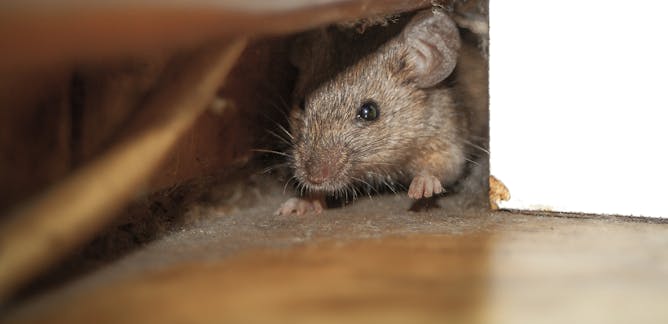
Articles on Evolutionary biology
Displaying 1 - 20 of 154 articles

An evolutionary biologist is studying what these resilient urban pests can teach us about adaptation and evolution.
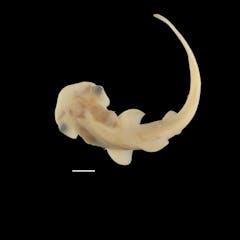
Because hammerhead sharks give birth to live young, studying their embryonic development is much more complicated than harvesting some eggs and watching them develop in real time.
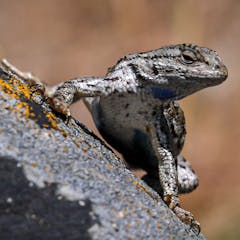
From dark dragonflies becoming paler to plants flowering earlier, some species are slowly evolving with the climate. Evolutionary biologists explain why few will evolve fast enough.
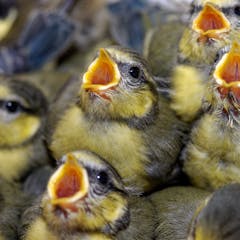
246 scientists looked at the same data sets and drew very different conclusions.
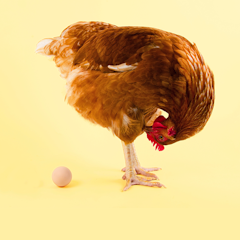
Evolutionary biology and the fossil record reveal a great deal about the origins of chickens and eggs.

The heat and chills that come with fever are not only uncomfortable but also metabolically costly. Increased body temperature, however, can make all the difference when you’re sick.
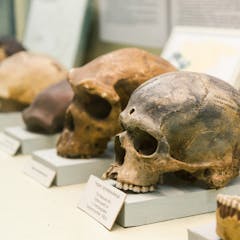
There are areas of biology that may be considered optional at younger year levels, such as botany, entomology and marine ecosystems. Evolution is not one of these.
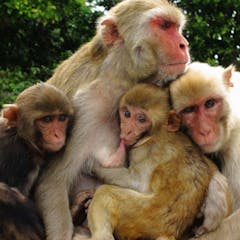
Many older people tend to trim their social circles and focus their social efforts on family and close friends. New research on our close primate relatives may help explain why.

From Aristotle to Darwin, inaccurate and biased narratives in science not only reproduce these biases in future generations but also perpetuate the discrimination they are used to justify.
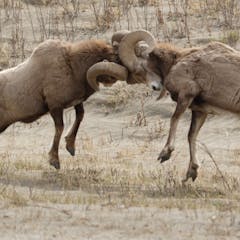
Life can be a struggle for power – not just for people but for nonhuman animals, too. An animal behaviorist explains how this quest can be more Shakespearean drama than boxing match.
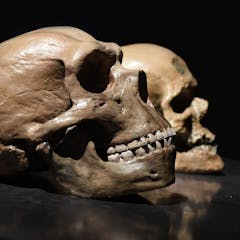
The way human brains develop is special – but not quite as special as you’d like to think, if we consider Neanderthals as well.
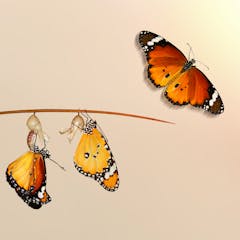
There is more to evolution than the genes species inherit.

Listen to the first episode of Discovery, a new series available via The Conversation Weekly podcast, telling the stories of fascinating new research discoveries from around the world.
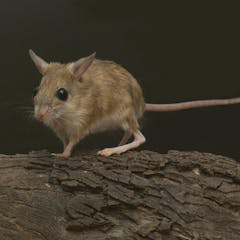
Australia has more than 60 species of native rodents found nowhere else in the world. New research used museum specimens to find out how they got here.
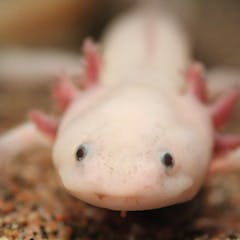
Axolotls are amphibians known for their ability to regrow their organs, including their brains. New research clarifies their regeneration process.
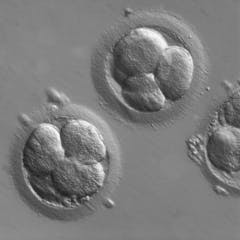
Human embryos are far more likely to die than come to term, an evolutionary trait seen across species. Laws granting personhood at conception ignore built-in embryo loss, with potentially grave consequences.
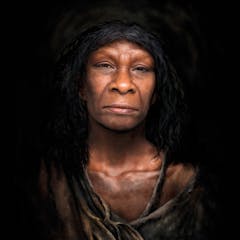
Here’s what we can learn from our closest extinct relatives.

A vast array of species, including people, use slime for a variety of essential bodily functions. Studying the genetic ancestry of slime surprisingly showcases the role of repetitive DNA in evolution.
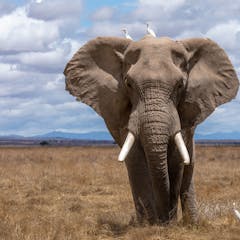
A new theory linking metabolism and size shows how evolution, not physics, is the driving force behind many of life’s patterns.
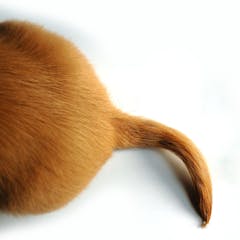
An anthropologist explains some of the many ways animals use their tails, from balancing as they walk to attracting a mate.
